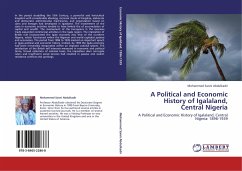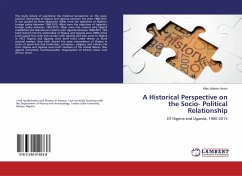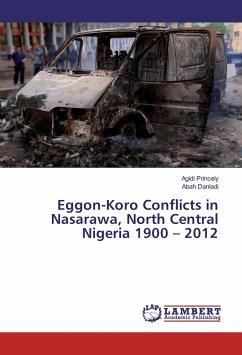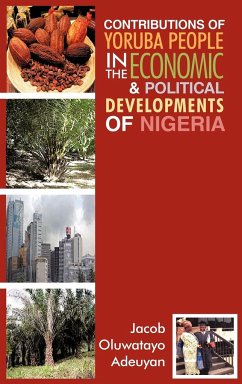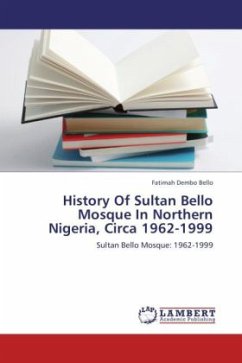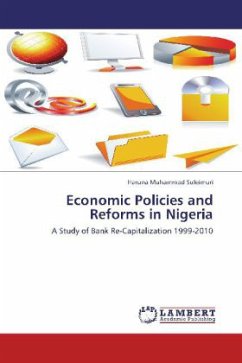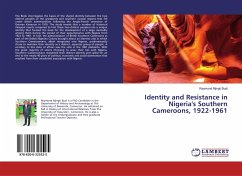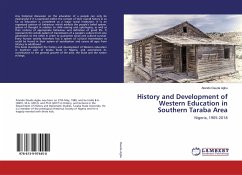In the period straddling the 19th Century, a powerful and heirachical kingdom with considerable ideology, incricate rituals of kingship, elaborate and democratic administrative machineries, and organization based on clans and lineages had developed in Igalaland. The involvement of the state in economic activities tended to have limited the of accumulation of capital and wealth. The involvement of the Europeans in the overseas trade expanded commercial activities in the Igala region. The imposition of British rule incorporated the Igala economy into that of the northern Nigeria, which functioned within the Nigerian and world capitalist systems and economies. The period from 1896 to 1939 marked an important epoch in Igala political and economic history. Indeed, by 1939 the Igala economy had been irreversibly integerated within an imposed colonial system. The satisfaction of the British self interests measured in economic and political terms, forced collection of colonial taxes, theimposition alien non-Igala rulers and insufficient social services had resulted in passive and violent resistance conflicts and uprisings.
Bitte wählen Sie Ihr Anliegen aus.
Rechnungen
Retourenschein anfordern
Bestellstatus
Storno

